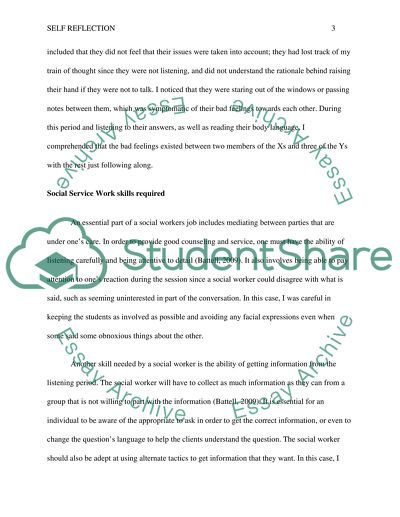Cite this document
(“Self reflection Research Paper Example | Topics and Well Written Essays - 1500 words”, n.d.)
Self reflection Research Paper Example | Topics and Well Written Essays - 1500 words. Retrieved from https://studentshare.org/sociology/1471074-self-reflection
Self reflection Research Paper Example | Topics and Well Written Essays - 1500 words. Retrieved from https://studentshare.org/sociology/1471074-self-reflection
(Self Reflection Research Paper Example | Topics and Well Written Essays - 1500 Words)
Self Reflection Research Paper Example | Topics and Well Written Essays - 1500 Words. https://studentshare.org/sociology/1471074-self-reflection.
Self Reflection Research Paper Example | Topics and Well Written Essays - 1500 Words. https://studentshare.org/sociology/1471074-self-reflection.
“Self Reflection Research Paper Example | Topics and Well Written Essays - 1500 Words”, n.d. https://studentshare.org/sociology/1471074-self-reflection.


